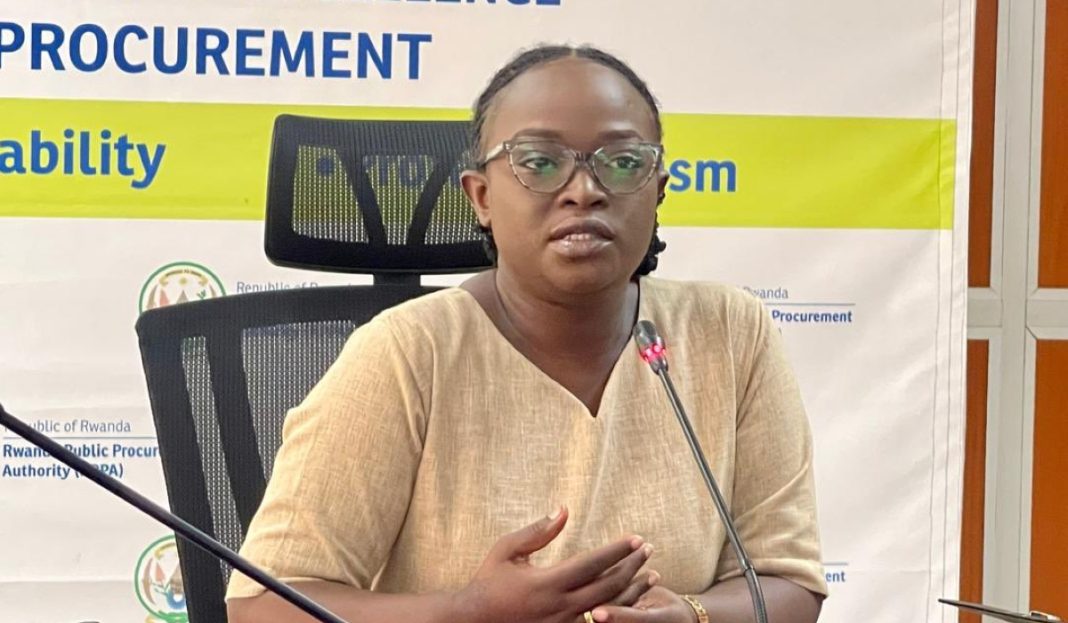Rwanda Public Procurement Authority (RPPA) suspended up to 105 companies, between 2018 and December 2024, due to various malpractices in executing public contracts.
According to data available on the E-Umucyo website, the period of blacklisting ranges from one year to a maximum of seven years. Most of the companies were temporarily blacklisted for poor performance, non-execution of contracts, or providing false information during the bidding process.
There are specific violations that can lead to either temporary or permanent blacklisting according to the law governing public procurement, which was repealed and updated in 2022. Here are the four key reasons that can lead to a company’s blacklisting:
1. Poor execution or non-execution of a procurement contract
A successful bidder who fails to execute a procurement contract properly, does not meet quality standards, or completely defaults on execution without valid justification from the procuring entity is considered to have committed a serious fault under the law.
In such cases, the company is subject to debarment from public procurement for one year, an administrative fine of five percent of the value of the procurement contract, and termination of the procurement contract.
Additionally, if the contractor delays execution and has already been penalized with a five percent deduction of the contract value, they will still face a one-year suspension from participating in new public tenders. Importantly, any administrative fines must be cleared before the company can be awarded a new contract.
2. Fraudulent practices and causing loss to the state
The law also outlines penalties for bidders or successful bidders who engage in dishonest or unethical conduct.
The penalties include providing false information during the bidding process such as misrepresenting company capacity or submitting forged documents, using fraudulent, corrupt, collusive, or obstructive practices to obtain a contract.
Causing financial loss to the State through errors or deliberate misconduct during tender preparation, execution, or contract supervision, and colluding with other bidders or public officials to gain an unfair advantage.
These acts are classified as faults that attract an administrative fine of five percent of the bidder’s quoted price, termination of the contract, and disqualification from future tenders until the fine is settled.
3. Recidivism
Recidivism, one of the most fundamental concepts in criminal justice, refers to a person’s relapse into criminal behavior, often after the person receives sanctions or undergoes intervention for a previous crime.
When a bidder repeats a fault, even stricter penalties are imposed. If a bidder or contractor repeats any of the faults mentioned above, the sanctions are automatically doubled. The law indicates that the administrative fine increases to 10 percent of the contract or bidding amount, and the debarment period is extended accordingly.
This clause serves as a strong warning against repeat violations and encourages companies to maintain high standards of compliance and ethics in public procurement.
4. Fraudulent evasion and participation during the ban period
Perhaps the most serious offenses, this involves actively trying to avoid debarment measures. The law identifies several fraudulent tactics that can result in permanent blacklisting.
This happens in case a bidder signs a new procurement contract while still under debarment, uses false procurement contracts to apply for bank loans, changes a company’s name or creates a new legal entity to continue bidding during the debarment period. It can also happen when one is participating in tenders indirectly by appearing in the management or operations of another bidding company and an entity (new or existing) aiding a blacklisted company in continuing to participate in tenders
All of these actions constitute severe violations. Companies, or people, found doing such practices are definitively debarred from participating in any future public procurement activities.



